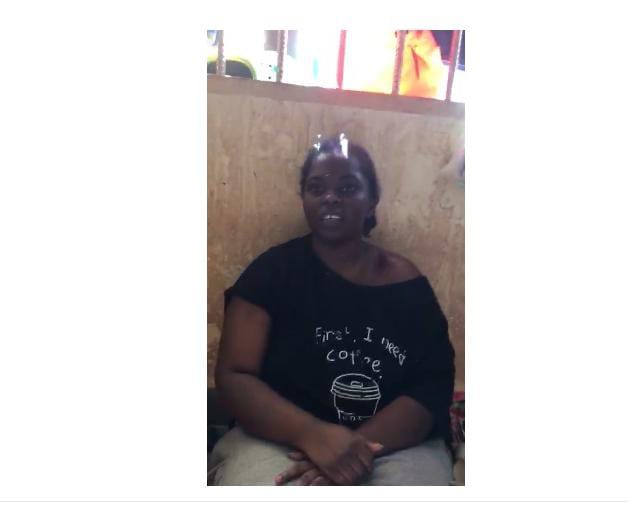- Details
- East Africa
- 161
Nancy Akinyi, a resident of Kibra in Nairobi, said the situation facing the group is deteriorating rapidly, with restricted movement, intimidation, and growing threats to their safety.
A Kenyan woman stranded in Cambodia has issued a desperate appeal to the Kenyan government, warning that she and more than 100 other Kenyans are being held in unsafe conditions and face a serious risk of human and sex trafficking.
In a distress message seen on Wednesday, Nancy Akinyi, a resident of Kibra in Nairobi, said the situation facing the group is deteriorating rapidly, with restricted movement, intimidation, and growing threats to their safety.
“We are more than 100 Kenyans being held under threatening conditions, and there is a serious risk that we may be sold into human trafficking. We are not free to leave; we are intimidated, and our lives are in danger. The situation is very urgent and getting worse,” Akinyi said.
Akinyi revealed that she travelled to Cambodia in May 2025 on a visit visa after being recruited by an agency that promised employment opportunities in cosmetology.
However, she says the reality upon arrival was drastically different from what had been presented to her.
She alleged that some members of the group have been threatened, punished, or physically assaulted, heightening fears among those stranded.
In her appeal, Akinyi urged the Kenyan government to intervene urgently to secure their safety and facilitate their return home.
“We urgently request immediate intervention, protection, rescue, and assistance to return safely to Kenya. We are ready to share our location and all details securely,” she said.
She further claimed that attempts to seek help from Cambodian immigration authorities were unsuccessful.
According to Akinyi, officials advised her to purchase a ticket and leave the country despite being aware that she and others were allegedly being detained and abused.
“We don’t have a Kenyan embassy here, and the migration office told me to buy a ticket and leave, even though they knew I was being detained and beaten,” she said.
The revelations have renewed concerns over human trafficking syndicates targeting Kenyan job seekers abroad, particularly women lured with promises of employment. By Irene Mwangi, Capital News






